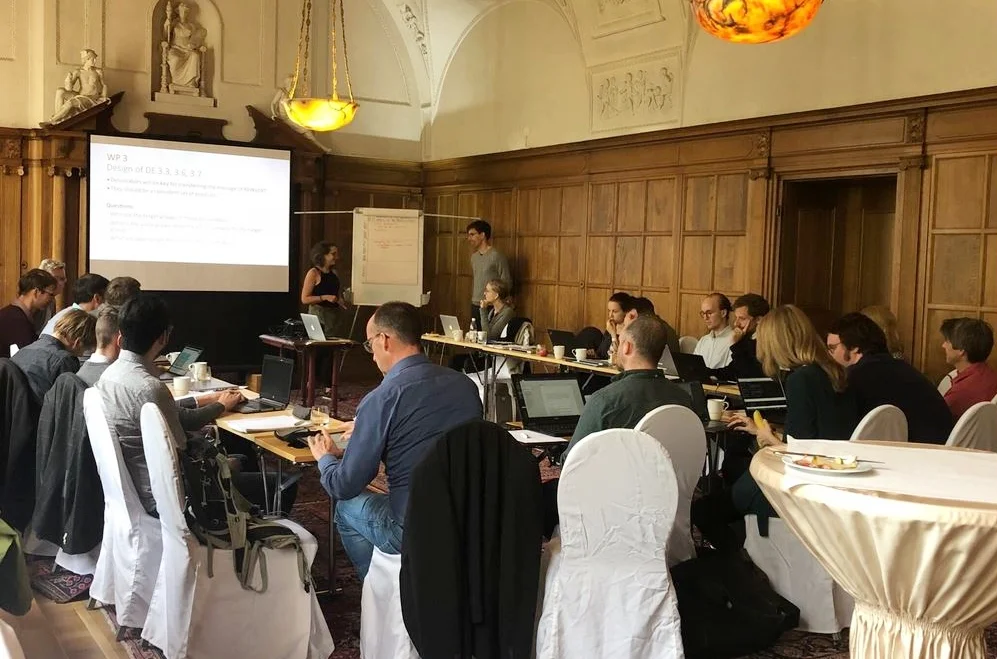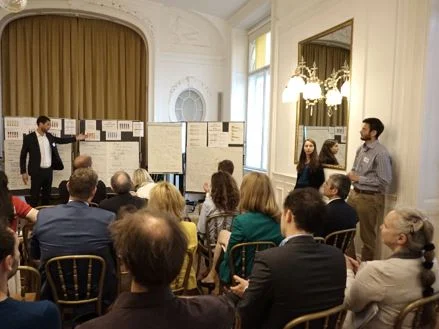REINVENT’s Teis Hansen, together with Fabian Faller (Kiel University) organised a special session at the 5th Global Conference on Economic Geography in Cologne, Germany, titled Energy Geography – economic development potentials from innovation in energy systems, markets, and strategies. It consisted of two sessions with many interesting papers.
The papers were based on the following call for papers:
The spatial organisation of power generation related processes is rapidly changing: production of energy is more and more decentralised due to renewable energy deployment; R&D for energy technologies is more and more decentralised, as various new SMEs enter the market around the world; and energy policy and strategies are more and more an inter- and supranational concern. Embedded in the western capitalist system this new energy geography is widely seen as growth opportunity for local and regional economies, as it supports the carbon decoupling of energy production, potentially allowing for sustainable industrial production, green mobility, as well as new regional value chains and energy markets. Still, we know little about the actual drivers of the new energy geography and its impact on economic development, including when and how regions may benefit in both economic and environmental terms; the relative importance of energy technology development and deployment activities in instigating economic development in different contexts; the multiple types of actors that may transform the opportunities offered by the new energy geography into economic development in various forms; and the potential deficiencies of ongoing transformations in the energy sector.






















